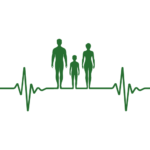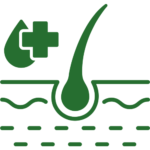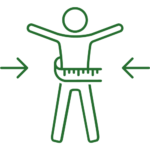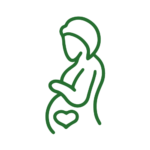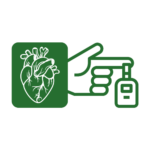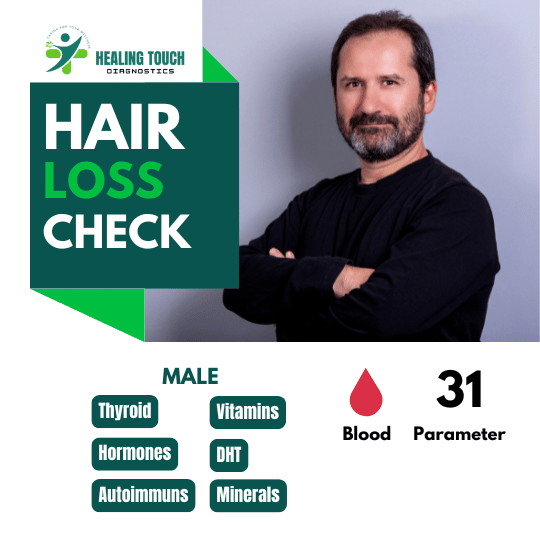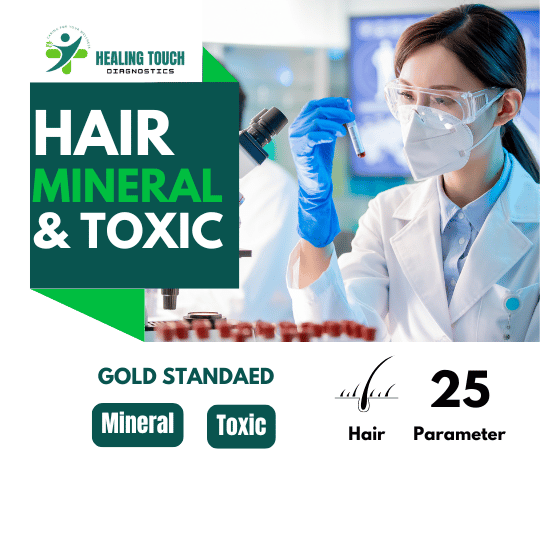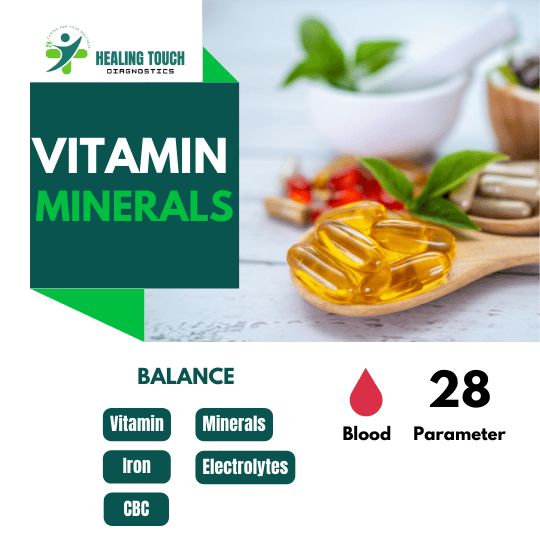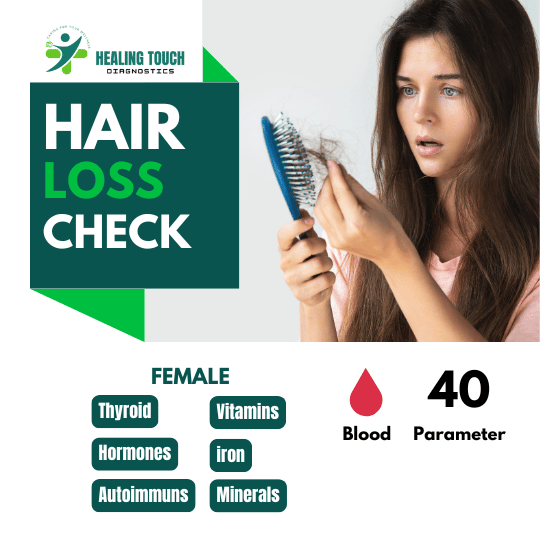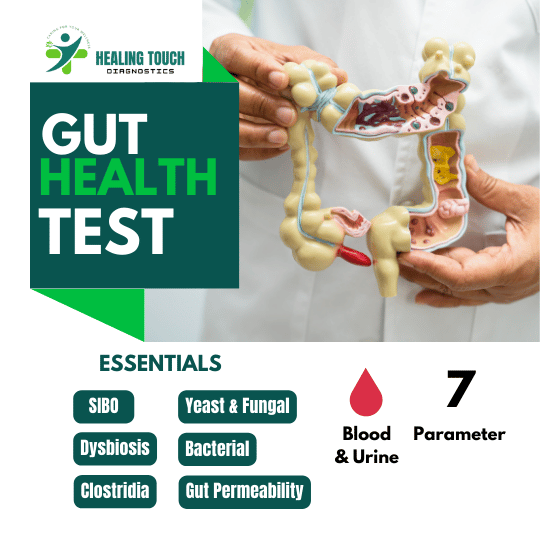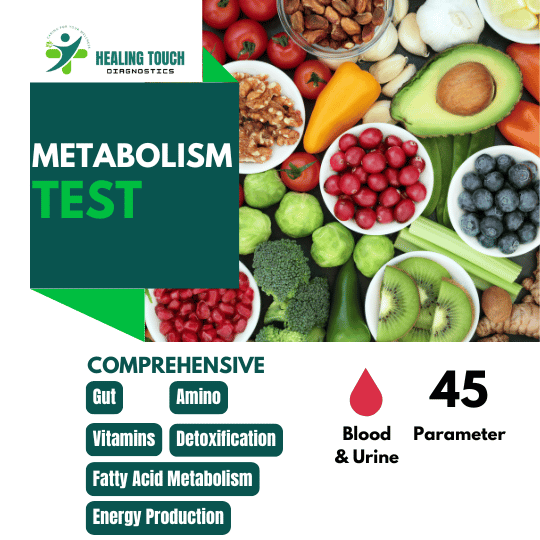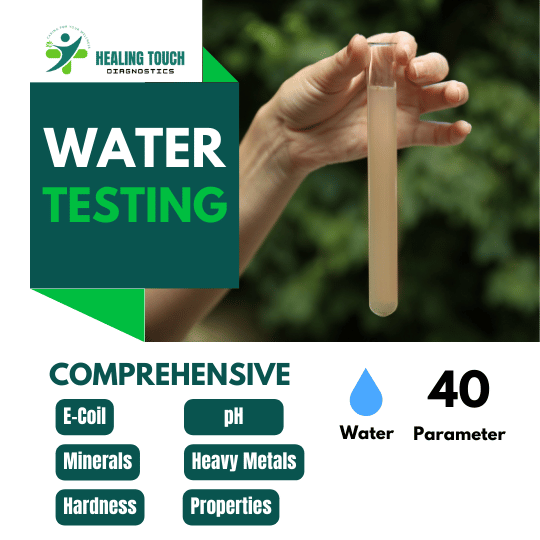
About the Vitamins, Iron and Mineral Deficiency Test
What is Health and Nutrition –
According to WHO – “Nutrition is the intake of food, considered in relation to the body’s dietary needs. Good nutrition – an adequate, well-balanced diet combined with regular physical activity – is a cornerstone of good health. Poor nutrition can lead to reduced immunity, increased susceptibility to disease, impaired physical and mental development, and reduced productivity.”
A lack of a good and healthy diet may lead to the following conditions –
- Mineral Deficiency
-
- Minerals are specific kinds of nutrients that your body needs in order to function properly. A mineral deficiency occurs when your body doesn’t obtain or absorb the required amount of a mineral.
-
- There are 21 essential minerals that our body needs. An essential mineral is any mineral required by the body for health, that cannot be produced by the body and so has to be provided by your diet.
-
- 5 major essential minerals are
- calcium
- phosphorus
- potassium
- sodium
- magnesium
- A deficiency of either of these minerals may lead to a variety of health problems, such as weak bones, fatigue, or a decreased immune system.
- Vitamins Deficiency
-
- Vitamins are nutrients our body needs to function and fight off disease.
-
- The 13 essential vitamins our body needs are vitamins A, C, D, E, K and the B vitamins: thiamine (B1), riboflavin (B2), niacin (B3), pantothenic acid (B5), pyridoxine (B6), biotin (B7), folate (B9) and cobalamin (B12).
-
- The four fat-soluble vitamins i.e A, D, E, and K are stored in the body’s fatty tissues. The other nine vitamins are water-soluble and therefore must be replenished regularly because they are removed from the body in your urine.
-
- Vitamin B12 is the only water-soluble vitamin that is stored in the liver.
- The best way to get enough of the 13 essential vitamins is to eat a balanced diet from a variety of foods.
- Proteins Deficiency
-
- Proteins are the building blocks of life, made up of amino acids.
-
- There are 20 different amino acids, 9 of which are called essential and 11 of which are labeled as non-essential.
-
- The human body needs all 20 of these amino acids, in varying degrees, to be healthy and fully functional.
- A protein deficiency (hypoproteinemia) means someone is not getting enough protein to meet their body’s needs. We get the protein we need from the food we eat. If our diet doesn’t contain enough protein, we may suffer from protein deficiency.
- Lipids Deficiency
-
- Lipids are fat-like substances that are important parts of the membranes found within and between cells and in the myelin sheath that coats and protects the nerves.
-
- Lipids include oils, fatty acids, waxes, steroids (such as cholesterol and estrogen), and other related compounds.
-
- Fats or fatty acids (FA) are important nutrients in our diet providing energy and adding palatability to foods. However, foods with high content of saturated fatty acids (SFA) are known to cause a myriad of health problems. Foods high in unsaturated FAs, especially essential polyunsaturated fatty acids (PUFA) have been found to contribute to good health.
-
- Essential fatty acids (EFAs) are very important nutritional requirements for keeping good health.Their deficiency increases the risk of getting affected by cancer, atherosclerosis, coronary heart disease, behavioral problems, depression, cognitive decline, and chronic inflammation.
- Moreover, their presence in the diet is essential for the proper absorption of fat-soluble vitamins like vitamin A, D, E and K.
Common Symptoms of Nutrient Deficiency
A lack of good nutrition and healthy diets may lead to the following signs and symptoms –
- Dullness, or pale skin, hair loss
- fatigue, weakness, feeling faint or fainting
- trouble breathing
- unusual food cravings
- periods of lightheadedness
- constipation
- sleepiness
- heart palpitations
- depression
- tingling and numbness of the joints
- menstrual issues, such as missed periods or very heavy cycles
- poor concentration
Nutrient Deficiency & Immune Function
A deficiency of nutrients can alter the body’s immune response. Various studies have found that deficiencies in zinc, selenium, iron, copper, folic acid, and vitamins A, B6, C, D, and E can alter immune responses. These nutrients help the immune system in several ways: working as an antioxidant to protect healthy cells, supporting growth and activity of immune cells, and producing antibodies. Epidemiological studies find that those who are poorly nourished are at greater risk of bacterial, viral, and other infections.
The key role of Vitamin D in our body
Vitamin D is responsible for several functions in the body, chief among them being helping the body absorb calcium and phosphorus.
This is vital for bone health, injury healing, strength, and overall vitality. It is also responsible for immune regulation, while being critical for protecting muscle and heart health.
A Vitamin D deficiency can present multiple symptom, such as –
- Chronic fatigue.
- Lack of vitality and energy.
- Mood shifting and issues with mood control.
- Pain in the joints or bone.
- Muscle weakness issues.
- Immunity and chronic sickness issues.
Vitamin B12 and its role in forming red blood cells & DNA
B vitamins such as folic acid, vitamin B6 and B12 play a vital role in different areas of our system. Vitamin B12 is an important vitamin, and is required by the body to form the red blood cells and DNA of the individual. It is linked to hair health and promotes healthy hair development.
It is also vital for healthy brain and nerve function, and preventing illnesses associated with brain or nerve degeneration. It is also vital for ensuring healthy activity, high energy levels, and overall feeling of wellness. It also supports bone health and is key for mood regulation and mental focus.
 Comprehensive Test Range
Comprehensive Test Range
 State-of-the-Art Facilities
State-of-the-Art Facilities
 Easy Slot Booking
Easy Slot Booking
 Quick Results
Quick Results
